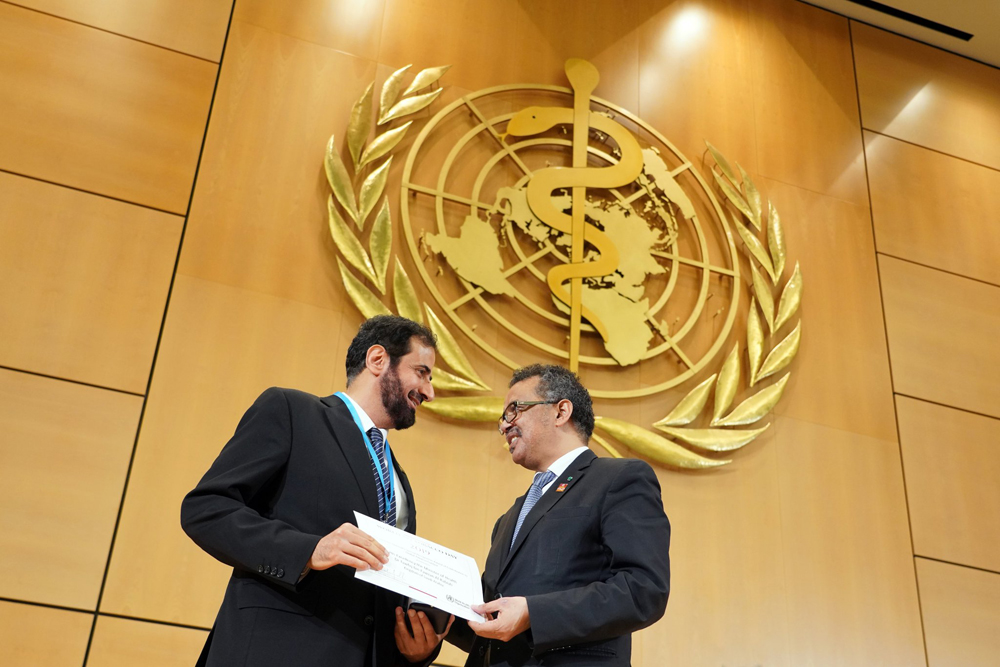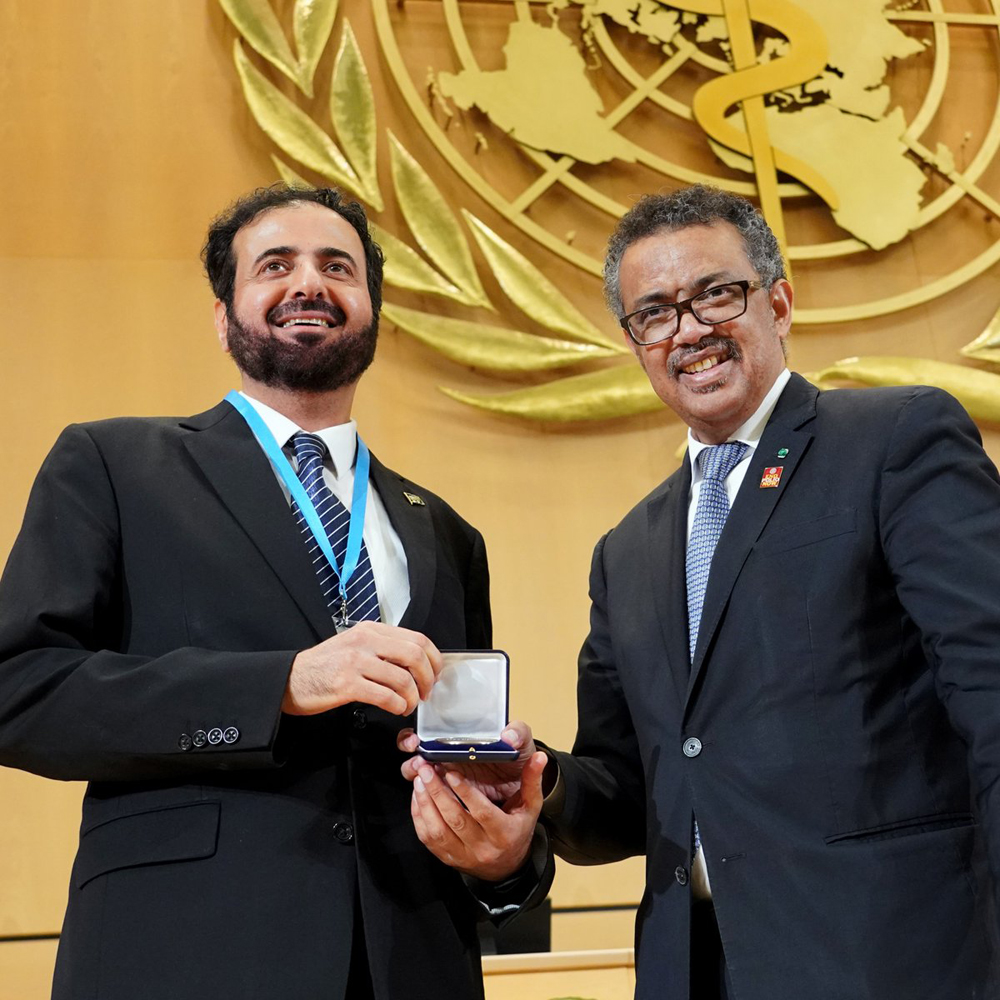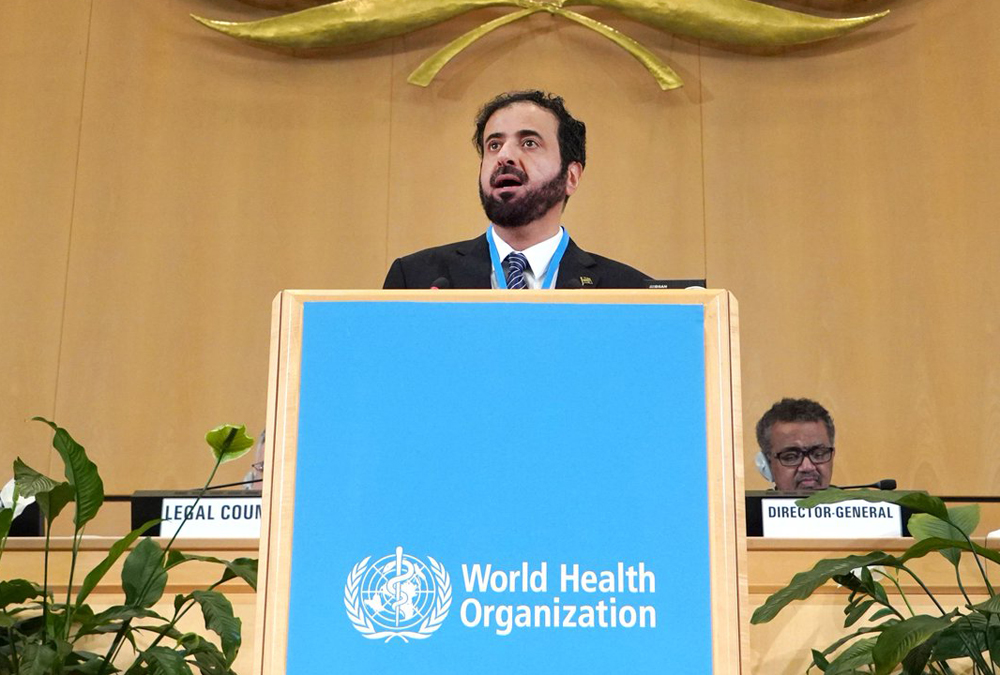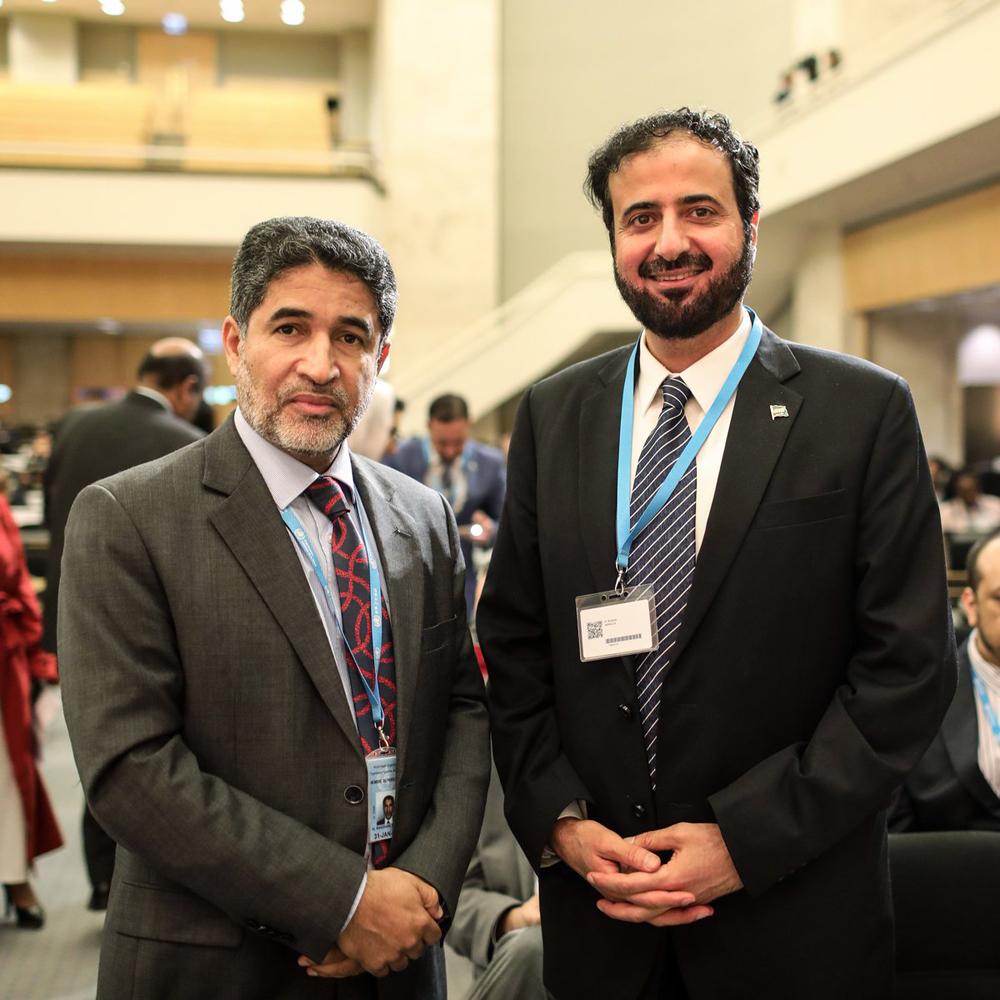
Over the weekend, Saudi Arabia approved a new licensing regulation that would see cafés and restaurants across the country pay up to SR100,000 ($26,675) a year to sell tobacco products within and outside their premises. A few days before this landmark announcement was made, the Kingdom received a global health award for its excellence and role in combating smoking. According to Arab News, Saudi Arabia’s health minister, Dr. Tawfiq bin Fawzan Al-Rabiah, received the award on behalf of the country during the 72nd session of the World Health Assembly in Geneva.

As pointed out by the news site, Saudi Arabia has been tightening tobacco controls and reducing smoking. Over the years, it has been actively working on curbing smoking through a number of initiatives and campaigns, such as doubling taxes on cigarettes and setting up cessation clinics. In addition, it was one of the first countries in the world to ratify the World Health Organization (WHO) Framework Convention on Tobacco Control in 2005, which aims to reduce smoking rates from 12.7 percent to 5 percent by 2030.


During the Assembly where it received the anti-smoking award, Saudi Arabia was also praised for working to reduce trans fats levels in its food industry. Its efforts have been in accordance with the WHO’s goal to eradicate the use of synthetic trans fats by 2023. The Kingdom also received two Healthy Cities Accreditation Certificates from the WHO for work done in the cities of Onaiza and Riyadh Al-Khubara.

In 2012, smoking was reportedly banned in government buildings across Saudi Arabia and in a majority of public places such as airports, workplaces, universities, research centers, and hospitals. Under the same law, people under the age of 18 were banned from purchasing tobacco products.

















